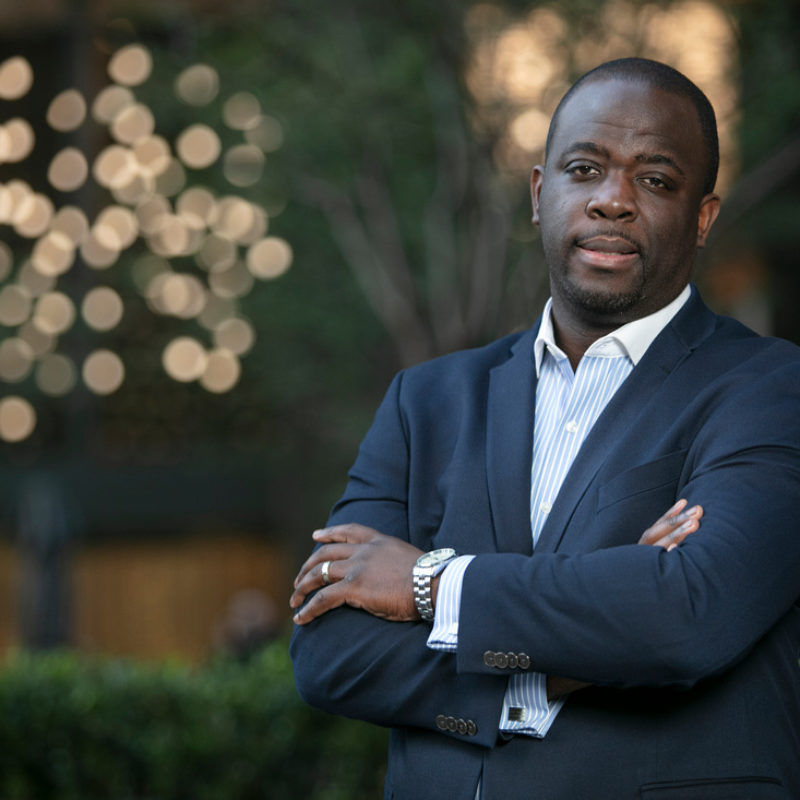Four years ago, Juneteenth became a national holiday. It marks June 19, 1865, the day enslaved Black people in Galveston, Texas, were finally told they were free–more than two years after the Emancipation Proclamation. The truth had been withheld—on purpose. That’s the irony at the heart of Juneteenth: a celebration born of delayed freedom and the intentional denial of truth.
That same playbook is still in use and has become more visible for many grappling with the current moment. History has a jarring way of circling back, of shapeshifting, of wrapping oppression in new language and dusting off old policies – of rebranding freedom to pacify the needs of those whose freedom, humanity and dignity have never been in question.
Juneteenth doesn’t just commemorate the past. It indicates the present and must therefore serve as a call to confront the persistent and evolving structures of injustice.
The cycle of injustice that stands in the way of freedom is clear. From slave patrols to detention centers. From Native boarding schools to foster care pipelines. From internment camps to family separation. From redlined neighborhoods to zip-code-based life expectancy. From plantation fields to prison cells. From Ellis Island dreams to ICE raids at dawn and mass deportations.
These aren’t disconnected events; they are coordinates on the same map of oppression and injustice.
This is the trauma of a nation in an abusive relationship with its own people—one that denies its past while demanding our patriotism and attempts to sedate us with symbolism and narratives carefully constructed to quiet dissent, dismiss suffering, and mask the betrayal beneath the promise.
Today, that same machinery that once delayed the freedom for enslaved Black people in Galveston is being repurposed.
We see it in the wave of book bans, illegal rollbacks on racial and social equity initiatives, and efforts to erase even the language of justice from public discourse. There are restrictions on how we vote, how we teach, how we fund, how we fight, and whom we love and choose to be.
The safety-net that supports the most vulnerable are being dismantled, and narratives of efficiency and accountability are being weaponized to justify them.
Basic humanity should not be a negotiation subject to an executive order or the shifting tides of federalism.
So where does that leave us? It leaves us standing at a crossroads – accountable to the truth that history teaches us, while organizing, disrupting, advocating and demanding a better future.
It leaves us with a responsibility, indeed a moral calling, to move beyond the status quo, get out of our comfort zones, and act with fierce urgency and intention.
Freedom requires infrastructure – long-term investments in grassroots leadership and organizations. It means sustained, flexible funding in those on the frontlines to build lasting power.
It's about supporting the architects who leverage radical imagination to create a better future in an unsteady world. Freedom requires catalyzing the disruptors, funding the freedom fighters, and being co-conspirators rather than gatekeepers in the pursuit of justice.
Freedom requires that we not simply yield to deodorized and dainty discourse, preemptive positioning or soliloquies of submission – but stay the course as fervent truth tellers and witness bearers in a moment where the fragility of our democracy is laid bare. Contrived commitment is not a course correction for complicity.
We are bearing witness to the last gasp of a reactionary movement borne out of the vestiges of colonization and segregation, manufactured to sow fear of an inevitable multiracial democracy. Juneteenth is a reminder that while true freedom might be delayed, even denied, it's certainly not finished. And as we fight for the dignity and worth of every person - neither are we.

